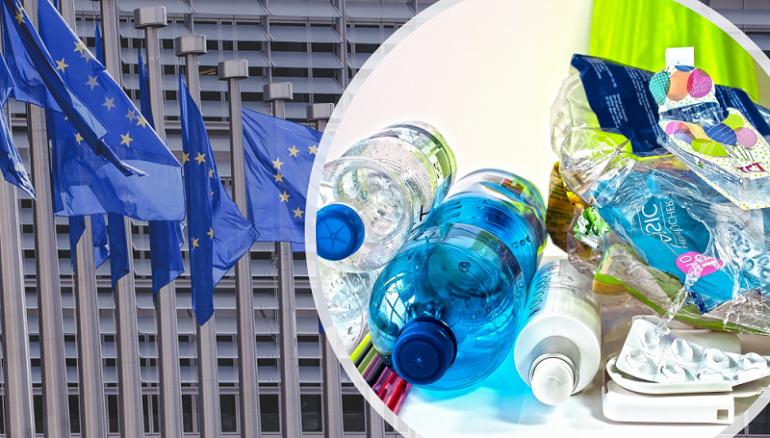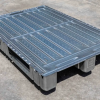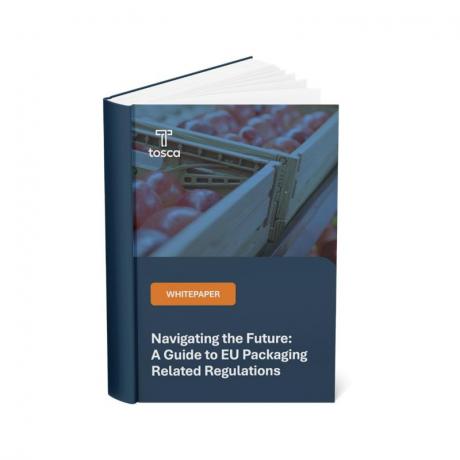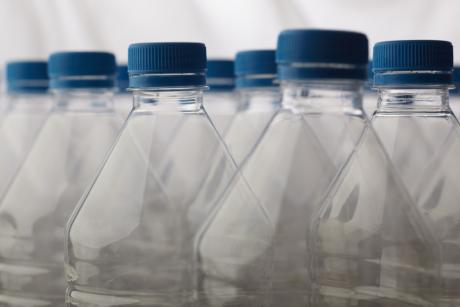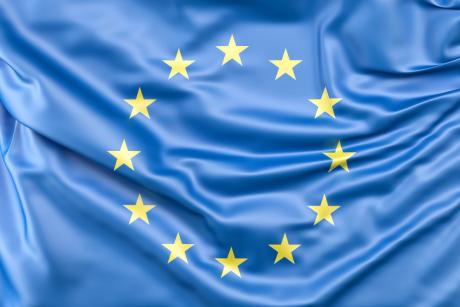As part of a broader review of EU legislation on food-contact materials - currently addressed by EU Regulation 1935/2004 - the European Commission is working on a new regulation to take the place of Regulation (EC) 282/2008 regarding recycled plastic food-contact materials and objects.
The news comes directly from the EU Commission, which illustrated the general concepts of the new legislation during the European Food Contact Plastic Webinar 2021 on 12 October. The Commission stated its intention to substantially amend the old rules by drafting a new regulation – binding for all Member States as written – on the use of recycled plastic in food-contact applications.
The draft bill, already close to completion according to European representatives, will replace the old Regulation 282/2008, which had hitherto been the basis for permissions for new recycling plants producing recycled plastic for food-contact applications but will now cease to be an authoritative reference in such decision-making. We assume there will be another authorization process, which should overcome the impasse that has left many requests for authorization (some 200) still on the table in Brussels. This in spite of the fact that they had the green light from the European Food Safety Authority (EFSA), which, as we know, provides opinions on the technical aspects and suitability of recycling systems, leaving the task of issuing formal authorization to the European Commission.
The other awaited development, which is certainly of no small interest, regards reference to all recycling processes, with hopes by operators who process post-consumer plastics other than PET. In all probability, these operators will have specific reference parameters for the suitability of plants for recycling materials other than PET destined for contact with food.
The basic concepts in the new regulation will refer to:
- Suitable technology, subject to a case-by-case authorization process;
- Recycling process, also subject to authorization;
- Installation, subject to regular inspections.
The note by the Commission also makes reference to alternate systems for cities and municipalities that develop closed-loop systems with dedicated recycling technologies, specific operators, and processes appropriate to the materials being processed. The basic idea in this approach is to prevent contamination of wastes in municipal waste sorting operations, focusing on circumscribed areas of application and ensuring limited types of post-consumer waste, sorting systems, and recycling processes/technologies.
As for an appropriate recycling technology for post-consumer plastic intended for food contact, the Commission provides more questions than answers, weighing alternative criteria to the challenge test as an assessment method for judging the suitability of a system for producing recycled materials for food-contact applications.
Again on the basis of the indications provided by the Commission, closer collaboration is envisaged between public authorities and industrial operators that develop new recycling processes for food-contact plastics. The latter will have to inform the relevant authorities on developments and technological innovation in the sector in order to update existing authorization processes.
